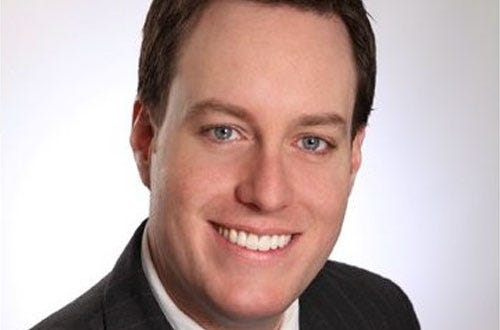
1st District congressional candidate Shawn O'Connor described his initial fundraising results as “record-breaking.” He could have been referring to the $500,000 in personal funds he loaned to the campaign.
In his first quarterly report filed with the Federal Election Commission, O’Connor reported total receipts of $591,645 and disbursements of $16,611, leaving the campaign with $575,034 in cash on hand at the end of March.
In addition to the half-million dollar personal loan, O'Connor raised $91,645 in donations. The source of his contributions will do nothing to dispel the carpetbagger complaint against O'Connor. Just four of the itemized donations came from Granite State residents: $5,400 from O'Connor’s partner Joshua Bruner and a total of $1,200 from three other individuals.
The $91,645 total includes $7,996 in unitemized donations (contributions from individuals who have contributed less than $200 during the election cycle) and a $3,000 PAC contribution from a D.C. law firm and lobbying group.
The Draft Shawn For New Hampshire committee, which could have raised money on O'Connor’s behalf but could not coordinate efforts, did not file a report. O'Connor officially entered the race less than two weeks after the draft committee was formed. In this report, O'Connor listed $39,362 in out-of-pocket costs incurred during the exploratory phase, which the campaign intends to reimburse.
Prior to a 5-4 Supreme Court ruling striking down the provision of the 2002 McCain-Feingold campaign finance law, the use of $500,000 in personal funds for a House campaign would have triggered special rules prescribed by the law’s “millionaire’s amendment.” The sanctions, which were declared unconstitutional in 2008, required self-funding candidates to disclose more information and allowed their opponents to accept larger donations.
In his dissent, Justice John Paul Stevens noted, “The millionaire’s amendment quiets no speech at all. On the contrary, it does no more than assist the opponent of a self-funding candidate in his attempts to make his voice heard; this amplification in no way mutes the voice of the millionaire, who remains able to speak as loud and as long as he likes in support of his campaign.”


